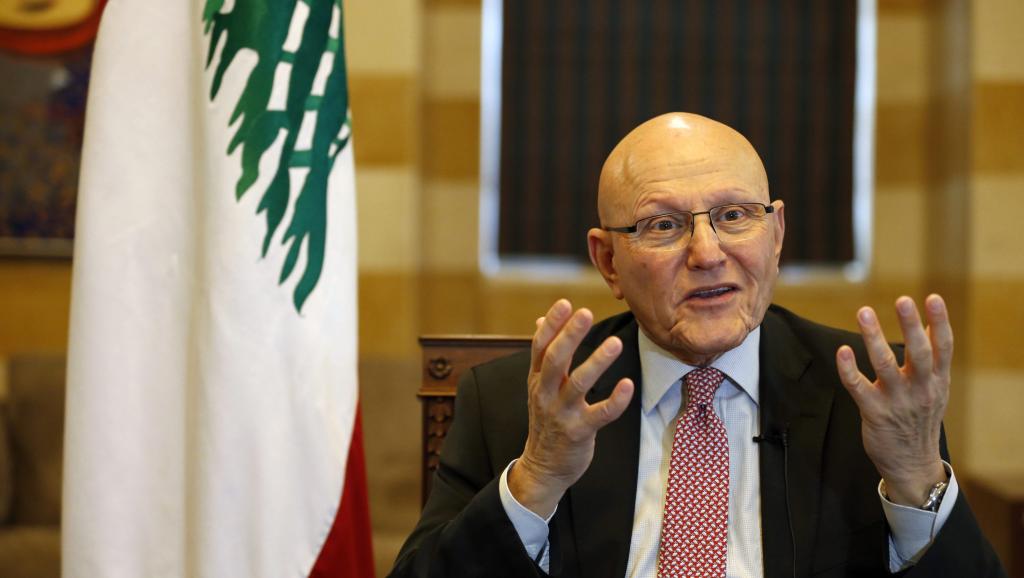Beirut- The Lebanese government is facing two choices, either to commit to the U.S. sanctions against the so-called Hezbollah or expose the country to full-scale sanctions that might threaten its banking system.
The cabinet tried to cause the least damage possible when it tasked Prime Minister Tammam Salam to resolve the matter along with Central Bank Governor Riad Salameh and Finance Minister Ali Hassan Khalil after the indirect threat that Hezbollah made to Lebanese banks following information that the accounts of two of the party’s MPs and of the daughter of a former lawmaker were closed.
“We have no choice but to abide by international regulations,” the Prime Minister’s sources told Asharq Al-Awsat newspaper. “We can’t function outside the international system.”
“The Central Bank Governor has a wise policy that takes into consideration the interest of the Lebanese,” said the sources, adding “he has been able all those years to protect the banking system.”
“All Lebanese, without any exception, are aware of that,” the sources told the daily. “They are also aware that Lebanon and its banking system cannot withstand additional sanctions or isolation.”
The sources expressed “understanding” to the latest stance made by Hezbollah’s parliamentary bloc against the sanctions, saying there was some kind of injustice done to the party.
But they hailed the government’s measure to task Salam, Salameh and Khalil, who is an Amal movement official allied with Hezbollah, with resolving the mater.
Salameh had issued circulars urging Lebanese banks to abide by U.S. regulations adopted in compliance with the Hezbollah International Financing Prevention Act.
The regulations say the U.S. will target those “knowingly facilitating a significant transaction or transactions for” Hezbollah and those “knowingly facilitating a significant transaction or transactions of a person identified on the List of Specially Designated Nationals and Blocked persons.”
They call for the closure of bank accounts for around 91 individuals and institutions linked to them.
“We have crossed the red line and reached the black line. The U.S. sanctions will not pass,” Industry Minister Hussein al-Hajj Hassan, one of the party’s representatives in the cabinet warned on Thursday.
Hezbollah’s parliamentary bloc also criticized Salameh’s move, which urges banks to inform the Central Bank about the closure of accounts.
The U.S. regulations were “rejected outright” by the bloc, which said committing to them means “a violation of Lebanon’s fiscal sovereignty.”
It said Salameh’s circulars are an “unjustified compliance with the fiscal mandate of the U.S. authorities, which would worsen the monetary crisis and push the country towards bankruptcy.”
The bloc warned in its statement that such bankruptcy “would create a huge gap between the Lebanese people and banks, further pushing the country towards a dangerous monetary collapse and a chaos that cannot be contained.”
The statement urged Salameh “to review his latest decisions to be in compliance with the national sovereignty.”
